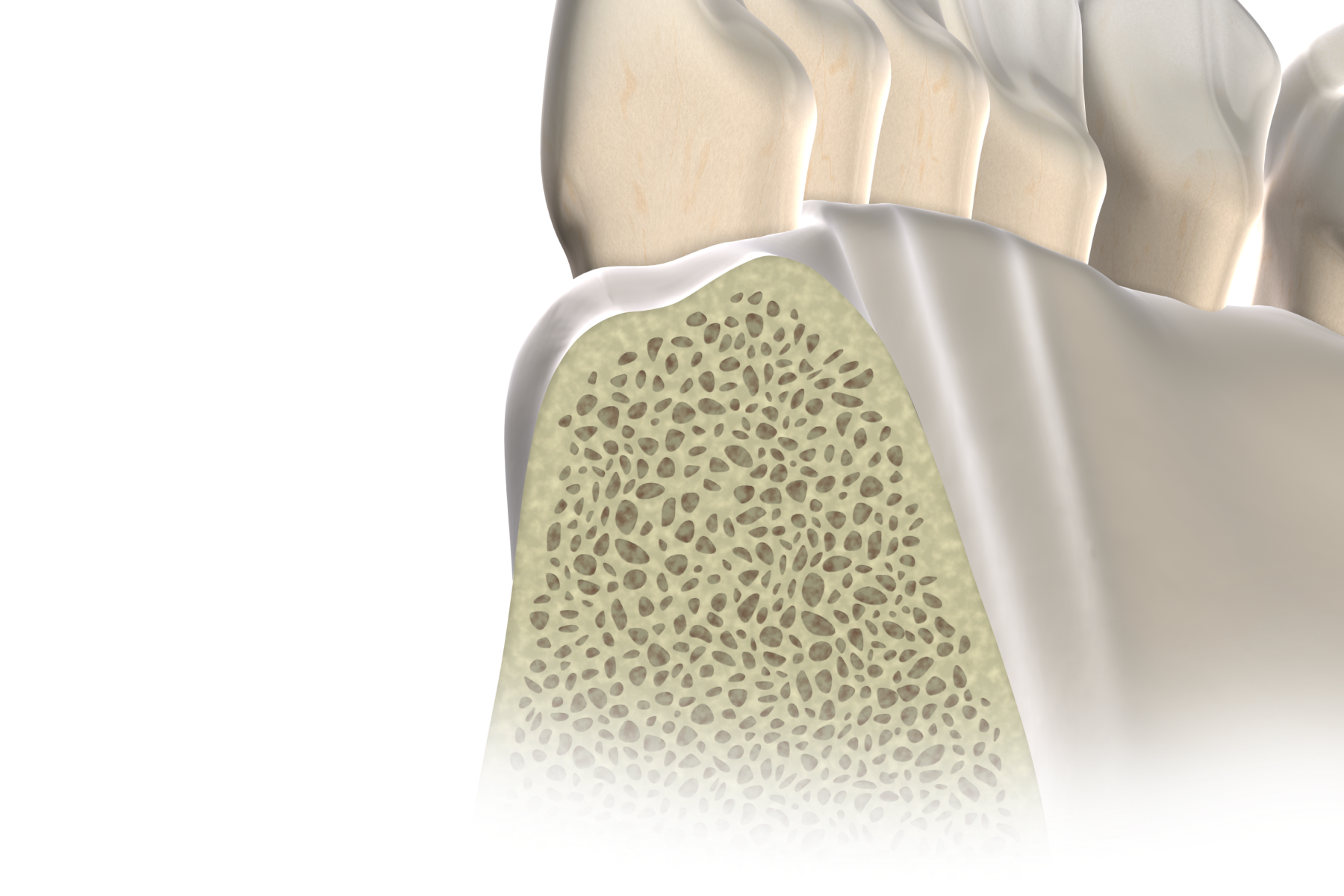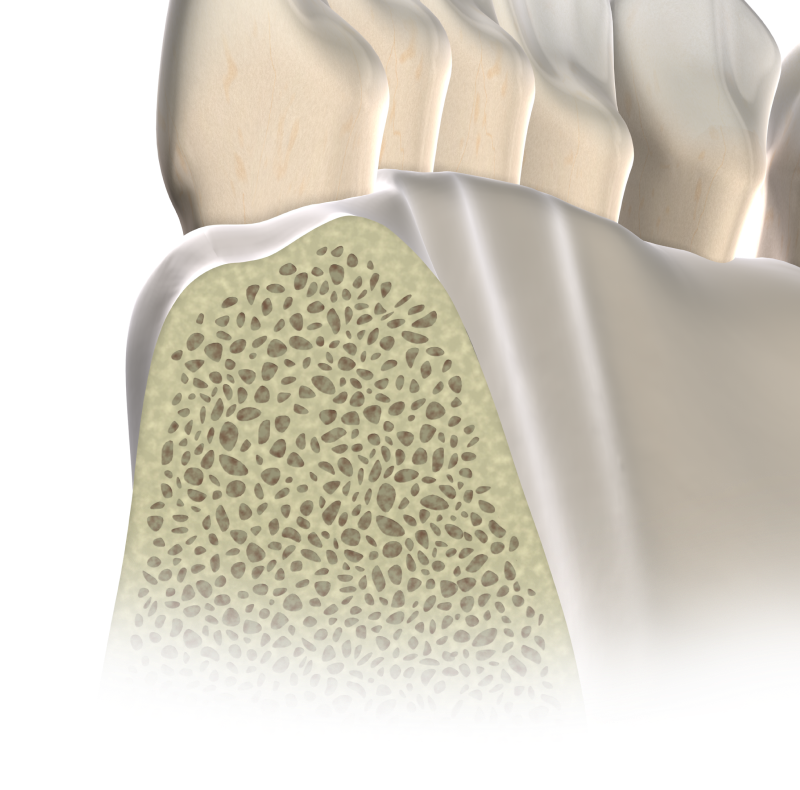Apicoectomy
Copyright ©Nuvolum 2025. All Rights Reserved.Save a Tooth After a Failed Root Canal
When a dental infection reaches the root of the tooth, it can quickly spread to the tiny canals and blood vessels that branch off from the tips of the roots. During a root canal, a dentist cleans all of these canals and branches from within the tooth using special tools. Unfortunately, the infection can sometimes remain in the tiny branches of the canals, and the infection returns even after multiple root canals. When root canal therapy is unsuccessful, an apicoectomy may be able to eliminate infection and save your natural tooth.
If you need an apicoectomy, your dentist will likely refer you to an endodontist or an oral and maxillofacial surgeon, like our experts at Oral Surgery Group. Dr. Philip Engel, Dr. Richard Stern, Dr. Constatine Simos, Dr. Michael Stern, Dr. Amy Tanchyk, and Dr. Rohan Prabhu can perform an apicoectomy at our offices in New Brunswick, East Brunswick, and Middlesex, NJ.
Benefits of an Apicoectomy
An Apicoectomy aims to save your natural tooth and protect your other teeth. If your dentist has recommended that you undergo an apicoectomy, this procedure is the only alternative to having the entire tooth extracted. In addition to saving your natural tooth and improving your oral health, undergoing this procedure grants several other benefits:
- Prevent the need for a dental extraction or other treatment
- Alleviate pain caused by the infection
- Prevent more serious issues from developing
How Does an Apicoectomy Work?
An apicoectomy is a procedure designed to eliminate infections from the very tip, or apex, of your tooth’s root. The apex has lots of tiny channels that can hide infected tissue, but apicoectomy removes the apex altogether and replaces it with a tiny dental filling. This filling seals the root of the tooth and prevents infection from spreading.
Prior to undergoing treatment, we will take 3D scans of your mouth and teeth to assess the state of your teeth’s roots. As oral surgeons, we offer a variety of anesthesia and sedation options and will help you choose the right method for your level of comfort.
To perform the procedure, the oral surgeon will first administer the anesthetic to prevent pain. Next, the surgeon will access the root tip through the side of the gums. This makes the procedure ideal for patients who have crowns and cannot undergo procedures that enter the top of the tooth, such as root canals.
Next, the tip of the root will be removed, and all signs of infection in and around the tooth will be cleaned using special ultrasonic tools. Once the infection is completely clear, a small filling (usually made of composite or resin) will be placed to protect the root of the tooth. The surgical site will then be sutured and left to heal. The total procedure usually takes between 30 and 90 minutes.
If you need dental treatment and root canals have not been a successful solution, apicoectomy may be right for you. Our oral surgeons are experts at all sorts of dental and facial procedures, and they will be happy to discuss your treatment options. Contact Oral Surgery Group in New Brunswick, East Brunswick, or Middlesex, New Jersey, today to schedule a consultation.
Hear From Our Patients
Decades of Trusted Care
Start your journey to better oral health and a more confident smile at Oral Surgery Group. Our compassionate team of specialists will walk you through every step, answer your questions, and make you feel like a part of our family. Learn more about us or schedule an appointment.









